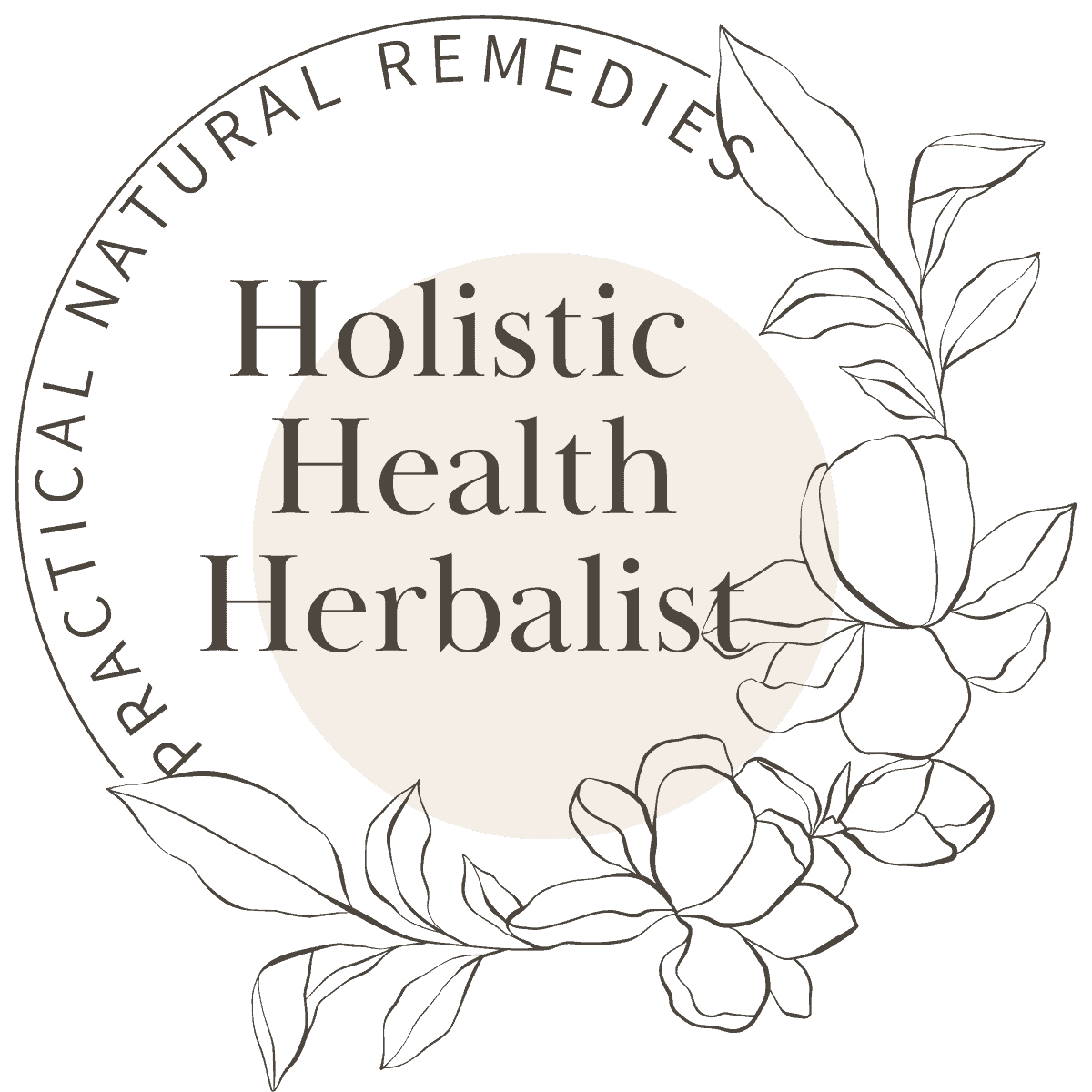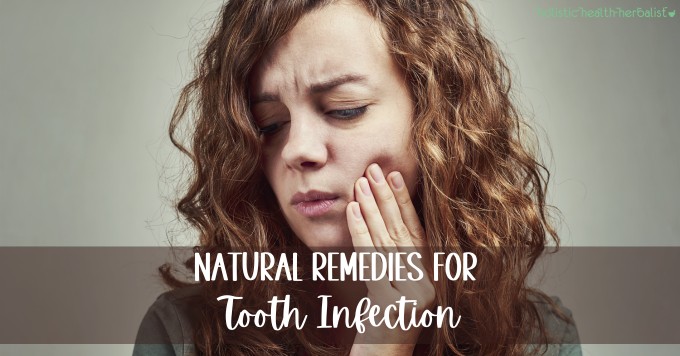Having any sort of tooth pain whether you’re an adult or a teething baby is a miserable experience. It can range from sensitivity to hot or cold foods to an excruciating throbbing pain that can leave portions of your jaw tender and swollen. Whatever the case may be, having a few remedies for toothache on hand can really help lessen the discomfort.
5 Effective Home Remedies for Toothache
What is a Toothache?
A toothache is typically the result of advanced tooth decay. A cavity or chip in the tooth, when left untreated, can fill with bacteria that can eventually lead to infection within the tooth. This then creates an abscess around the tooth causing the pulp within to swell and press against the remaining enamel. It is this pressure that causes a toothache.
Extreme infection can kill the root of the tooth which may stop toothache pain temporarily, but the infection will continue to spread and destroy tissue. This can result in the loosening and even loss of the affected tooth.
What Causes a Toothache?
Although tooth decay is known to run in families, the root cause of a toothache begins with poor dental hygiene.
It is the buildup of plaque and bacteria that flourish on particles left behind from the foods we eat that begins the process of decay. Bacteria break down sucrose and turn it into lactic acid. It is this acid that wears away the enamel on our teeth making them prone to cavities, plaque buildup, and tartar.
When a cavity is allowed to advance, bacteria can easily get trapped within the area of decay. Eventually, the infection erodes itself deeper into the different layers of the tooth until it reaches the pulp within. It is here that the first sensations of a toothache begin.
This is why consuming sugary or acid foods in moderation is so important since these substances weaken the enamel and make it more prone to cavities.
Whatever the cause of your toothache, it’s important to seek professional dental care.
However, herbal and other natural remedies can be used in the meantime to help reduce inflammation and pain and even help fight infection until your appointment.
Toothache Relief Using Natural Remedies
- Keep the Infected Area Clean
One of the first things you should do in order to help alleviate some of the discomfort as well as prevent the infection from getting worse is to swish with warm salt water 2-3 times daily.
Do this by mixing 1 teaspoon of sea salt with 1 cup of warm water until completely dissolved.
Gently swish the salt water in your mouth for 30-second intervals until the salt water is gone. Doing this allows the salt to contract inflamed tissues and drain excess fluid and infection.
Sea salt is also known to be analgesic in nature (pain relieving) due to its antibacterial properties that help kill off infectious microorganisms. It also helps neutralize any of the lactic acid produced by bacteria that are feeding off of the sucrose in your diet.
I like to use a high-quality sea salt like this one since it contains over 60 trace minerals that can help keep the mouth from becoming too acidic and encourage healing.
- Clove Essential Oil
Perhaps one of the most well-known toothache home remedies you can use is clove essential oil.
Clove essential oil is an incredibly potent anti-bacterial essential oil that has been used throughout history to treat skin infections, digestive complaints, intestinal parasites, and most notably, for toothache.
Clove is also anti-infectious, anti-inflammatory, antiviral, antiseptic, and an immune-stimulant – the perfect combination to help relieve toothache pain.
Its high eugenol content has been proven to reduce inflammation and is ranked as one of the most potent anti-oxidant substances on earth. Clove oil has also been proven to have the same numbing capacity as Benzocaine, a topical numbing agent used when getting fillings.
How to use clove oil for toothache:
- 1 drop of clove essential oil
- 1 teaspoon of carrier oil (I like coconut oil for its added antibacterial properties)
Mix the clove oil and carrier oil together thoroughly and apply a small amount over the affected area with a cotton swab 2-3 times daily. This solution can also be used for teething babies.
Use this simple remedy to alleviate the symptoms associated with toothache, dry socket, and other dental-related discomfort.
I do not recommend applying clove essential oil undiluted as it can burn sensitive mucous membranes.
- Peppermint Essential Oil
Another essential oil to consider alongside clove oil is peppermint.
Due to its menthol content, peppermint essential oil is known to be pain relieving and anti-inflammatory in nature.
In fact, peppermint is so effective it is used in thousands of OTC pain relieving gels, creams, ointments, rubs, and sprays. The reason for this is due to a specific molecule found in menthol known as ligand. This molecule actually attaches itself to a protein called the k-opioid receptor which is one of four cites that bind opiate-like compounds in the brain.
When these receptors are blocked, you experience pain relief because the brain is no longer receiving clear pain signals. The ligand molecule found in menthol is one such compound that blocks these receptor sites which is what makes peppermint essential oil an effective pain reliever.
When paired with clove essential oil, the duo makes for an effective toothache remedy.
To use peppermint:
Mix 1 drop of peppermint essential oil in 1 teaspoon of carrier oil. Add one drop of clove essential oil if desired and mix well. Apply the solution with a cotton swab over the affected area 2-3 times daily.
Do not use peppermint essential oil on children under 6 years old.
Alternatively, you can also wet a peppermint tea bag and use it as a compress in the mouth when placed between the teeth and the cheek.
Apply the peppermint compress for 30 minutes and change out as needed. You can even chill the tea bag in the freezer for a few minutes before application for an added cooling effect.
- Hot or Cold Compress
Applying heat or a cold pack over the jaw can help alleviate toothache pain and inflammation.
Be sure to wrap the heat or cold pack in a cloth before application to prevent getting burnt and apply it over the affected area for 10 minutes 2-3 times daily.
To make a cold compress, you can wet a clean washcloth with water, put it in a bag, and freeze it for 10-20 minutes. You can wrap this in a tea towel and apply it.
You can also use ice cubes in a bag or freeze water in a bag and wrap that in a towel for use.
For a heat pack, you can add rice to a clean a sock, tie the end, and microwave it in 10-second intervals until hot. Wrap it in a towel and apply it to the affected area for 10 minutes.
If you don’t want to make your own, you can use this heat/cold pack that allows you to use a hot or cold compress as needed.
- Take/Use Herbs
White Willow Bark
Taking white willow bark capsules or tincture can help blunt the pain caused by a toothache just like taking aspirin but without some of the side effects like stomach upset.
I often use white willow bark in place of many OTC pain medicines because it works!
Thyme
Making a strong thyme tea by steeping 1 TB of dried thyme in 1 cup of boiling water is useful for disinfecting the area surrounding a sore tooth. It’s a natural antiseptic that will help clean the infection and reduce the number of bacteria in the mouth.
Swish the cooled tea for 2 minutes 2-3 times daily.
Kava Kava
This relaxing nervine is especially useful for treating radiating and throbbing tooth pain. I recommend using it at night since this herb will make you drowsy.
You can find this herb in capsule or tincture form. Take as directed.
When to See the Dentist
If a toothache lasts longer than a day or two you really should see a dentist. I know it isn’t a pleasant experience, but in the long run, you will save money getting a cavity filled rather than paying for a root canal. You will also extinguish the source of the pain which means you don’t need to suffer for weeks on end until you can’t stand it anymore.
As much as I dislike going to the dentist, it’s worth a short-lived amount of discomfort in the dental chair to take care of the problem.
You will also want to schedule an appointment with your dentist if you experience any of the following symptoms:
- Have pain when opening the mouth
- Have severe tooth pain
- Intense throbbing pain
- Loss of hearing
- The pain is associated with your wisdom teeth
- The pain is centered in the jaw
- The toothache is a result of an injury
- There is an abscess near the tooth
- There is discharge near the tooth
- There is swelling near the tooth
- You develop an earache
- You have a fever
These symptoms mean that there is an infection present that needs to be taken care of professionally.
How to Prevent a Toothache
It all comes down to how well you take care of your teeth. Adequate oral hygiene is the only way to prevent tooth decay and the toothache that follows.
Even though it can take years for a toothache to develop, it’s important to see the dentist twice a year for routine cleanings to ensure that any plaque on your teeth doesn’t create cavities or turn into tartar.
This “minor” tooth decay can easily morph into further infection, gum disease, and may even result in tooth loss in extreme cases if you don’t properly care for your teeth.
Be sure to floss and brush your teeth daily to prevent tooth decay.
How to Properly Care for Your Teeth
My personal oral hygiene routine consists of the following steps:
- I floss morning and night with a good grippy floss like Cocofloss – this ensures that I remove all the food particles and plaque from between my teeth. I don’t recommend the “ribbon” flosses since I find that they don’t work very well. I will also floss after eating sticky or sugary snacks or just when I feel like I have anything stuck in my teeth.
- I brush my teeth for 2 minutes morning and night (and sometimes after lunch!) with a natural toothpaste like TOMS.
- I rinse with water or brushing rinse after brushing my teeth thoroughly.
- I then use a mouthwash after brushing my teeth at least once per day.
Other things I do to keep my teeth healthy:
- I rinse my mouth with water after eating sugary or acidic foods to help rebalance the pH in my mouth. Acidity is the perfect breeding ground for bacteria and sugary foods encourage plaque production and inflammation.
- I generally avoid eating or drinking sugary things. I rarely ever drink soda and I only have candy or sweets on occasion. After eating or drinking these, I make sure nothing remains on my teeth afterward. This is because bacteria feed off of the sugar and produce lactic acid which erodes the enamel on your teeth.
- I routinely check my own teeth and get familiar with how my teeth, gums, and tongue look on a regular basis. If something changes, I take note and speak with my dentist about any concerns.
- I get my teeth professionally cleaned every 6 months. I hate going, but I make myself go so that I can be sure everything is healthy and I never need to have drastic work done on my teeth which is both costly and uncomfortable.
- I try and stay properly hydrated. Hydration plays a key role in saliva quality and production which is important for maintaining healthy teeth and gums.
- I try to maintain a healthy diet full of fresh produce. I also ensure that I am getting enough healthy fats and minerals.
Doing these things has resulted in me having cavity-free teeth despite the fact that I avoided the dentist for seven years.
Good oral hygiene is key! I know it feels time-consuming, but prevention is the best practice when it comes to keeping your teeth strong and healthy.
What have been your most effective home remedies for toothache? Please share in the comments below!
You may also enjoy reading:
10 Ways to Heal Your Teeth Naturally
DIY Healing Gum Serum with Essential Oils
Oil Pulling with Gum Healing Essential Oils








Pam Glaab says
Just stumbled across your blog and I am lovin' it! Thank you for taking the time and effort to update your site, and to provide beneficial articles and recipes! Wow - I hit the jackpot on this comprehensive site that I'll be using often!
Thank you and blessings!
Tash says
Thanks, Pam 🙂
Megan Stevens says
Thank you! This is an amazing resource. I'm pinning in case I need it in the future. In the meantime, I am way overdue for a dentist visit! 😉
tina says
Great tips! I have sensitivity in my teeth - so I find this super helpful!
Raia Todd says
I did not know that about thyme! Thanks so much for this post, pinned for later!
Renee D Kohley says
Thank you for the tips - it is always nice to have this stuff on hand in case things happen!
Kizzy says
Great advice, I usually use clove oil when I've had a toothache and it has worked to sooth the area really well.
Haylee says
I had a friend recommend oil pulling not too long ago, but the idea of swishing coconut oil around in my mouth for 20 minutes just didn't sit well. The coconut oil is still in my bathroom...unopened. I think I'll try your suggestions first 🙂
Tash says
The oil pulling got really gross after a while so I had to take a break, haha! It isn't so bad when you add a drop or two off essential oil like cinnamon or peppermint. I hope you find these tips helpful!